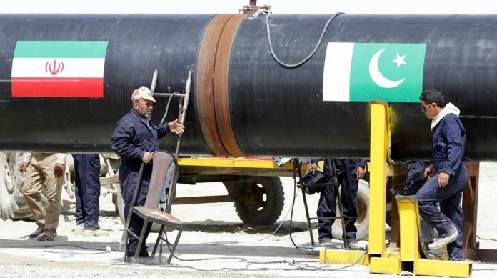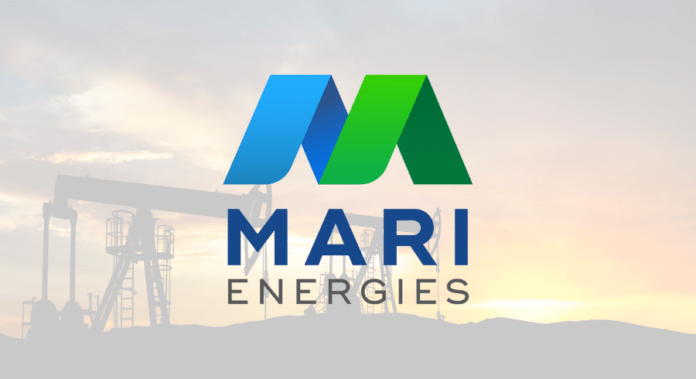Pakistan and Iran have decided to revive their stalled cooperation on the Iran-Pakistan (IP) gas pipeline project, which has been languishing for years due to the fear of US sanctions. The two countries will start formal negotiations within the next few weeks.
This was the outcome of the recent visit of Pakistan’s Interim Energy Minister Muhammad Ali to Tehran, where he met his Iranian counterpart and other senior officials.
According to a report by The News, energy minister said that Pakistan has reaffirmed its commitment to the project and conveyed its urgent need for energy security. Pakistan has also accelerated its work on the Turkmenistan-Afghanistan-Pakistan-India (TAPI) gas pipeline project.
The minister said that the Iranian side listened to Pakistan’s concerns and agreed to increase their collaboration to make the IP project a reality.
The IP gas pipeline project is expected to provide 750 million cubic feet of gas per day to Pakistan, which is facing a severe energy crisis and relying heavily on imported liquefied natural gas (LNG). The project is also seen as a symbol of friendship and cooperation between the two neighboring countries.
The project, however, has faced many delays due to the risk of US sanctions on Iran, which is under pressure for its nuclear program. Iran has completed its part of the pipeline, but Pakistan has not started the construction of its 780-kilometer section.
Iran has given Pakistan time until September 2024 to complete the project, otherwise it may move to international arbitration for the breach of contract.
The energy minister said that both countries revised the agreement in September 2019 and Iran said back then that it would not take any legal action against Pakistan for any delays until 2024.
He said that Pakistan could not construct the pipeline because of the threat of US sanctions on any project with Iran. He, however, said that the Iranian side assured that there would be no US sanctions as it was already selling gas to Azerbaijan and Turkmenistan without any sanctions. They said that Pakistan would also be immune from any sanctions in this case.
More gas for Gwadar
The energy minister also discussed the electricity cooperation with Iran during his visit. He said that Iran has offered to export more electricity to Pakistan for the development of Gwadar and Chaman.
He said that Pakistan is already importing 104 MW of electricity from Iran and agreed to consider new offer with revised tariff as more electricity is needed for Gwadar which is being developed as a key port under the China-Pakistan Economic Corridor (CPEC).
He said that the 300MW coal-based power plant that China is building in Gwadar may not be sufficient for the future demand. He said that Pakistan could also use more Iranian electricity for its national grid once it is connected to Gwadar.






